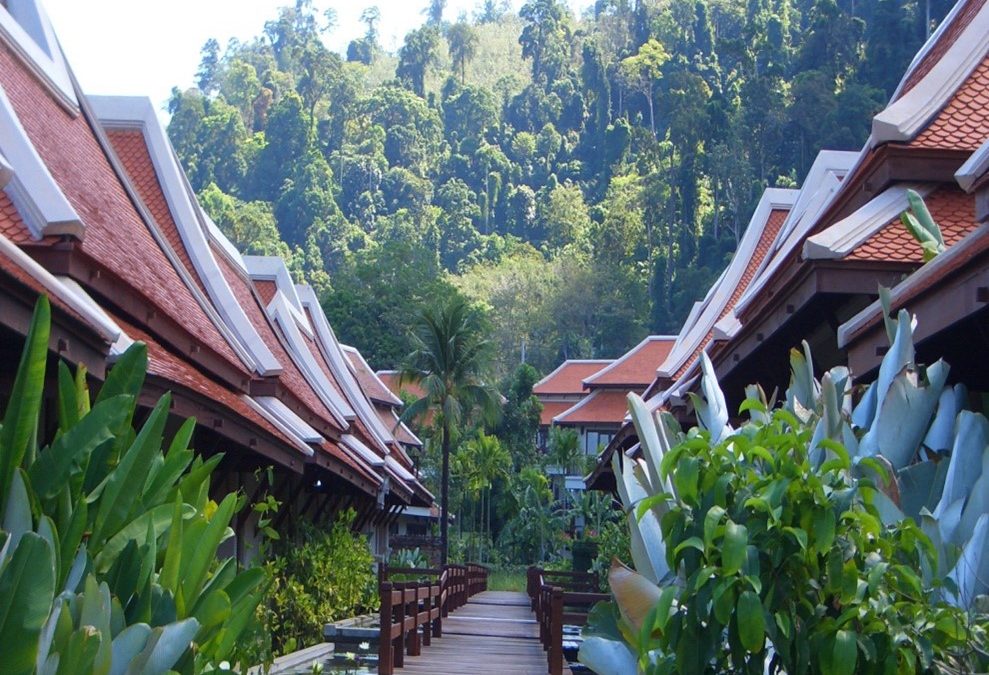Who wouldn’t want a little piece of paradise to return to or a second home away from home, where they can fly off to during cold winter months? Having a taste of calling Thailand your nest away from your usual digs is enough to get anyone thinking about getting property to come back to on a regular basis. The beauty of the land and the magnificence of its culture and people are enough to conjure images of coming home to languish in balmy beaches, and being part of a bustling cityscape. Now, depending on the sort of property you wish to acquire, like a house or a condo unit, you will have to keep in mind that there are a number of restrictions on the kind of property a foreigner can buy but the good news is, it could be possible.
By general rule, with a small possibility several exceptions, foreigners are restricted from buying land and property in Thailand. The exceptions of ownership apply to owning land for the purposes of commercial usage rather than residential. On top of the restrictions, the conveyance system in Thailand is pretty unique and confounding. In order to determine whether a foreigner will be allowed to acquire property, and even more importantly, if the links of the title of the potential property is valid would need the aid of expert legal and professional advice.
Buying a condominium is a procedure that is more straightforward and has fewer restrictions. However, there are still imposed requirements for the foreigner looking into purchasing a condo. The bright side is that these imposed requirements are not as prohibitive, making it possible for the interested individual to make it happen. One of the most important requirements that an interested condo buyer may have to present is evidence that the acquisition was closed using a specific amount of foreign currency brought into Thailand.
Another method of having some sort of long-term “ownership” is by lease of a property. A foreign national will be able to lease an area of land or a house for up to 30 years. After this 30 year lease is up, the lessor will have an option to renew the lease for another 30 year period. This agreement is called the 2×30 option. The individual may erect a residential building on the leased land. Leases that go beyond 3 years have to be registered against the title of the property and it will be up to the lessor to pay taxes on the lease amount of the property on a scheduled basis.




 Good-humored, practical,and insightful, Downey’s travel books offer useful information in an easily accessible format.
Good-humored, practical,and insightful, Downey’s travel books offer useful information in an easily accessible format.